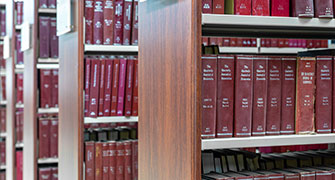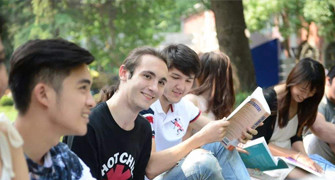Topic: Make Evidence Theory Probabilistic Again
Speaker: XU Dongling, The University of Manchester, UK, Alliance Chair Professor of Decision Sciences and Systems at Manchester Business School
Time: April 28, 2025, 14:30
Venue: EMS 210
Abstract:
Since Dempster proposed his rule for evidence combination, he consistently maintained that it extends Bayes' rule for statistical inference in situations where probabilities are imprecisely known. However, the development of evidence theory, also known as Dempster-Shafer theory of evidence, diverged from its probabilistic roots. Some researchers have argued that Dempster's rule is not Bayesian, or only Bayesian under specific conditions, such as when the prior is uniform.
Over the past few decades, our research has focused on the Evidential Reasoning (ER) rule for evidence combination, emphasizing its probabilistic nature and its relationships with Bayes' rule, Dempster's rule, and Shafer's rule. We have proven that Dempster's rule is inherently probabilistic, serving as an extension of Bayes' rule, and becomes equivalent to Bayes' rule when precise probabilities are available. Furthermore, we have demonstrated that the ER rule is also probabilistic and includes Bayes' rule and Dempster's rule as special cases.
In this talk, we will also explain the differences between the ER rule and Shafer's discounting rule. We will explore when Shafer's rule retains its probabilistic nature and when it does not, conjecturing that Shafer's original intention was to maintain this probabilistic foundation. Additionally, we will address some criticisms of Dempster's rule in early literature, identifying instances where such critiques were incorrect or misapplied. We argue that the deviation of evidence theory from its probabilistic trajectory was unintentional. The motivation behind our efforts to re-establish evidence theory's probabilistic foundation is our belief that probability is more universally interpretable than alternative measures, such as possibility degrees.
Finally, we will discuss Dempster's rule's requirement for independence among evidence sources and clarify what independence entails using real-world examples.
Guest Bio:
Dongling Xu is currently the Chair Professor of Decision Sciences and Systems at Alliance Manchester Business School, the University of Manchester, UK. Over the past three decades, she has conducted in-depth research in data analysis under uncertainty, statistical inference, machine learning, decision support systems, as well as system and process modeling, and statistical fault detection, driving their applications across multiple fields. Together with Professor Jian-Bo Yang, she has developed several web-based interactive decision support systems and Intelligent Decision System (IDS) software for Windows. This software employs the evidential reasoning approach to support multi-criteria decision analysis under various uncertainties, including randomness, subjective judgment, fuzzy information, and missing data—without the need to discard or distort uncertain data.
Prof. Xu’s statistical fault detection systems have been widely adopted by organizations such as General Motors, Tesco, the UK National Health Service (NHS), Ford, Shell, BP, and China National Offshore Oil Corporation (CNOOC), with applications spanning healthcare, finance, system safety analysis, and organizational quality management self-assessment. Her evidential reasoning approach and IDS software have been utilized by practitioners and researchers in over 50 countries worldwide. She has published more than 100 peer-reviewed journal articles, book chapters, and monographs, with her research significantly influencing decision-making and risk assessment practices across multiple industries.
 Faculty and Staff
Faculty and Staff Academics
Academics International Exchange
International Exchange







